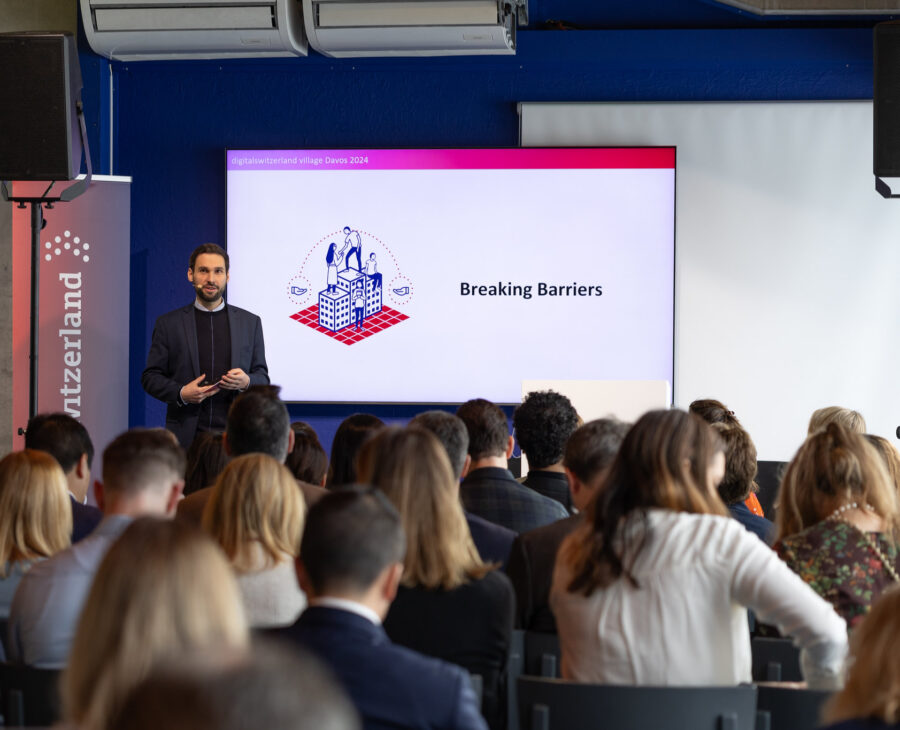In our rapidly changing world, it’s important to keep up with emerging demands – at home and work – through lifelong learning. Trends like self-management and self-absorption (on social media) reflect deep societal shifts away from collective commitment and towards more individual focus. Against this backdrop, who is responsible for lifelong learning?
There are some 4.5 million workers in Switzerland, where participation in the labour market of women (59%) and of older people (76%) is comparatively high. The Swiss are also keen adopters of lifelong learning, with 62% actively pursuing this philosophy. Motivation to learn can be professional or non-professional, although the former slightly outweighs the latter. Pursuit of lifelong learning solely for professional reasons is significantly higher among men than women.
In Switzerland, the Federal Act on Vocational and Professional Education (VPETA) clearly encourages professional improvement through lifelong learning, and underlines the Swiss system’s flexibility for moves between educational fields.
Throughout Switzerland, the cantons are responsible for ensuring that vocational training is distributed and implemented. But private companies also need to invest heavily in lifelong learning, and the need will become more pressing. Indeed, 69% of Swiss workers already report that they want their employer to take care of developing training opportunities. This was one finding of the 2018 Adecco Future Skilling Study, which also found that only 19% of workers have acquired digital skills recently, but 48% have acquired technical or job-specific skills. Finally, 61% of Swiss workers see themselves as personally responsible for acquiring new skills.
According to Deloitte, self-assessment by Swiss employees shows that they perceive their greatest weakness in the area of hard skills. Just 17% consider themselves to have advanced IT skills, 23% to have good technical skills and 26% good language skills. By contrast, more than half believe they have adequate soft skills in areas like teamwork and problem-solving and see no need for further training in these areas to protect future job prospects.
How realistic are self-assessments like this, though? In Deloitte’s study, HR experts direct particular criticism at this optimistic self-assessment of teamwork and problem-solving skills. Many employees are failing to recognise the need for further training to keep pace with today’s fast-moving, digitalised environment, which is already challenging traditional work models.
Individual responsibility has long been discussed in philosophical debate, and is fully relevant to the theme of lifelong learning. According to Hans Lenk, in Philosophy Now, there are at least four dimensions of responsibility:
- Responsibility for actions and their results
- Task and role responsibility
- Universal moral responsibility
- Legal responsibility
Applied to the individual career or even citizen perspective, the onus is therefore on each individual to produce results, whether by understanding how e-voting or online banking work or committing to lifelong learning to perform better or move on in a job.
In reality, the consensus seems to be that lifelong learning is a shared issue. An organisation is responsible for employee training, while responsibility for employee development is shared between management and the individual employee. Management needs to provide the right resources and an environment that supports the growth and development needs of each individual employee.
Empowering employees to request further training in the workplace, and apply for time and financial support as appropriate is associated with financial outlay for companies. But it’s certainly worth it in terms of safeguarding skills and job satisfaction in the workforce of the future.
Ultimately, each person’s commitment to lifelong learning is an investment that pays off – both collectively and individually.






